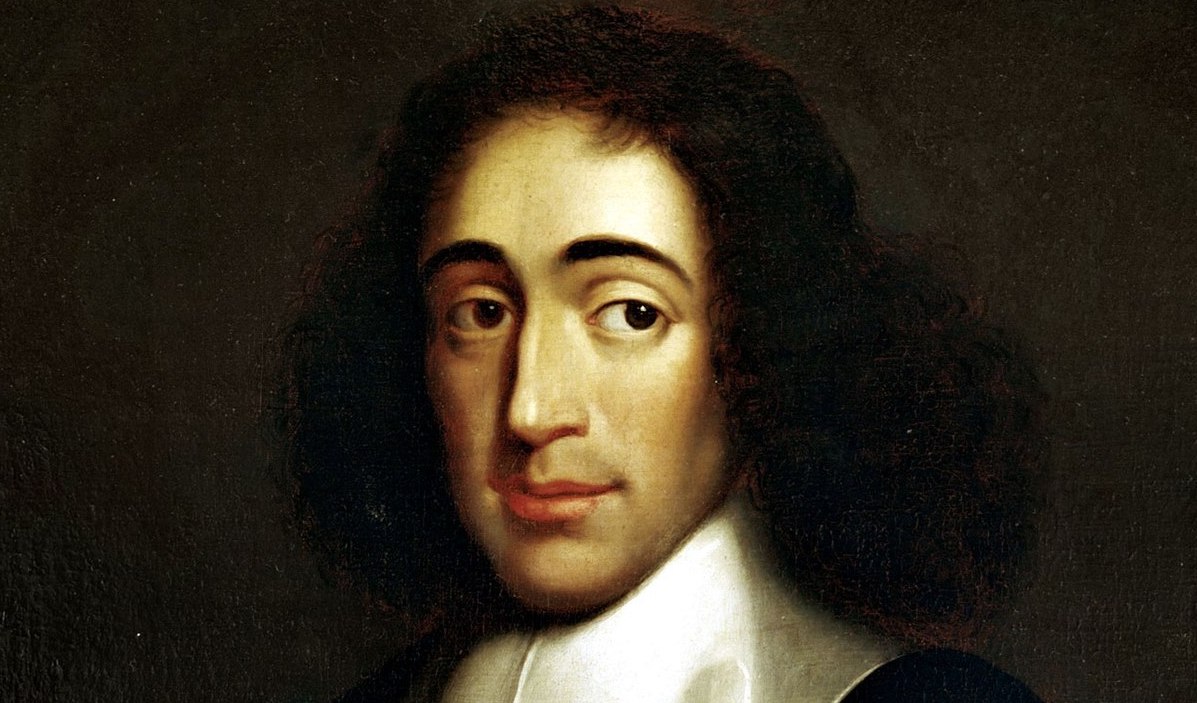Peter Beinart has been at The New Republic since 1999, where he is a journalist and editor-at-large. He is also a contributor to Time magazine and writes a monthly column[…]
Sign up for Big Think on Substack
The most surprising and impactful new stories delivered to your inbox every week, for free.
Ultimately, the people have the power.
▸
2 min
—
with





